In the world of medical technology, even the smallest components can make a big difference. Medical screws and medical fasteners may be tiny, but they play a critical role in surgeries, bone repair, and the secure placement of medical devices. From traditional titanium designs to cutting-edge bioabsorbable screws, innovations in this field are helping patients recover faster and with fewer complications.
What Are Medical Screws?
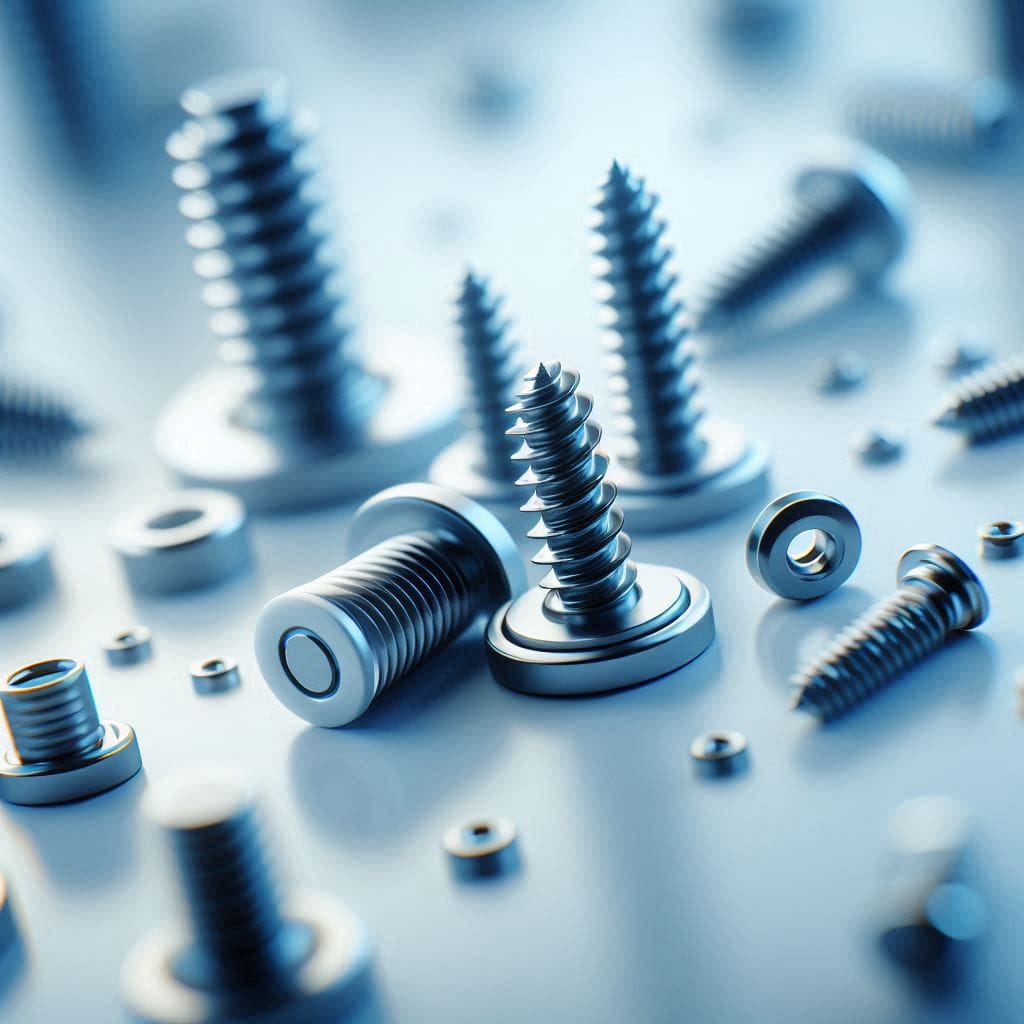
Medical screws are specialized fasteners designed to work safely inside the human body. They are most often used in orthopedic surgeries, dental implants, and fracture fixation. Each screw type is engineered with a specific medical purpose in mind.
Common Types of Medical Screws
- Orthopedic screws – Provide stability and support during bone healing.
- Lag screws – Used to compress and hold bone fragments together.
- Bioabsorbable screws – Dissolve naturally in the body, eliminating the need for removal surgery.
Materials Used in Medical Fasteners
The choice of material can determine how well a medical fastener performs over time:
- Medical-grade titanium – Strong, lightweight, and highly biocompatible.
- Stainless steel – Durable and corrosion-resistant.
- Bioabsorbable polymers – Such as PLA (polylactic acid) or PGA (polyglycolic acid), which safely break down inside the body.
Why Bioabsorbable Screws Are Changing Surgery
Bioabsorbable screws are one of the most exciting developments in surgical hardware. Instead of staying in the body forever, these screws slowly dissolve as the bone heals. This means patients avoid a second surgery to remove them—reducing risks, costs, and recovery time.
How they work: Over time, the bioabsorbable material breaks down into harmless byproducts that the body naturally absorbs. Surgeons often use them in sports injury repairs, pediatric orthopedics, and other cases where long-term hardware is unnecessary.
We suggest you also read about fastener materials.
Potential Risks & Considerations
While rare, there can be challenges with medical screws and bioabsorbable fasteners, such as:
- Loosening due to bone density or excessive movement.
- Mild inflammatory reactions during absorption.
- Cost variations depending on type, size, and manufacturer.
The Future of Medical Screws & Fasteners
With ongoing research and advanced manufacturing, the next generation of medical fasteners will be even stronger, safer, and more adaptable to patient needs. Whether it’s improving titanium’s strength or refining bioabsorbable screw technology, these innovations are helping surgeons work more efficiently and giving patients better outcomes.
We suggest you also read about marine fasteners.
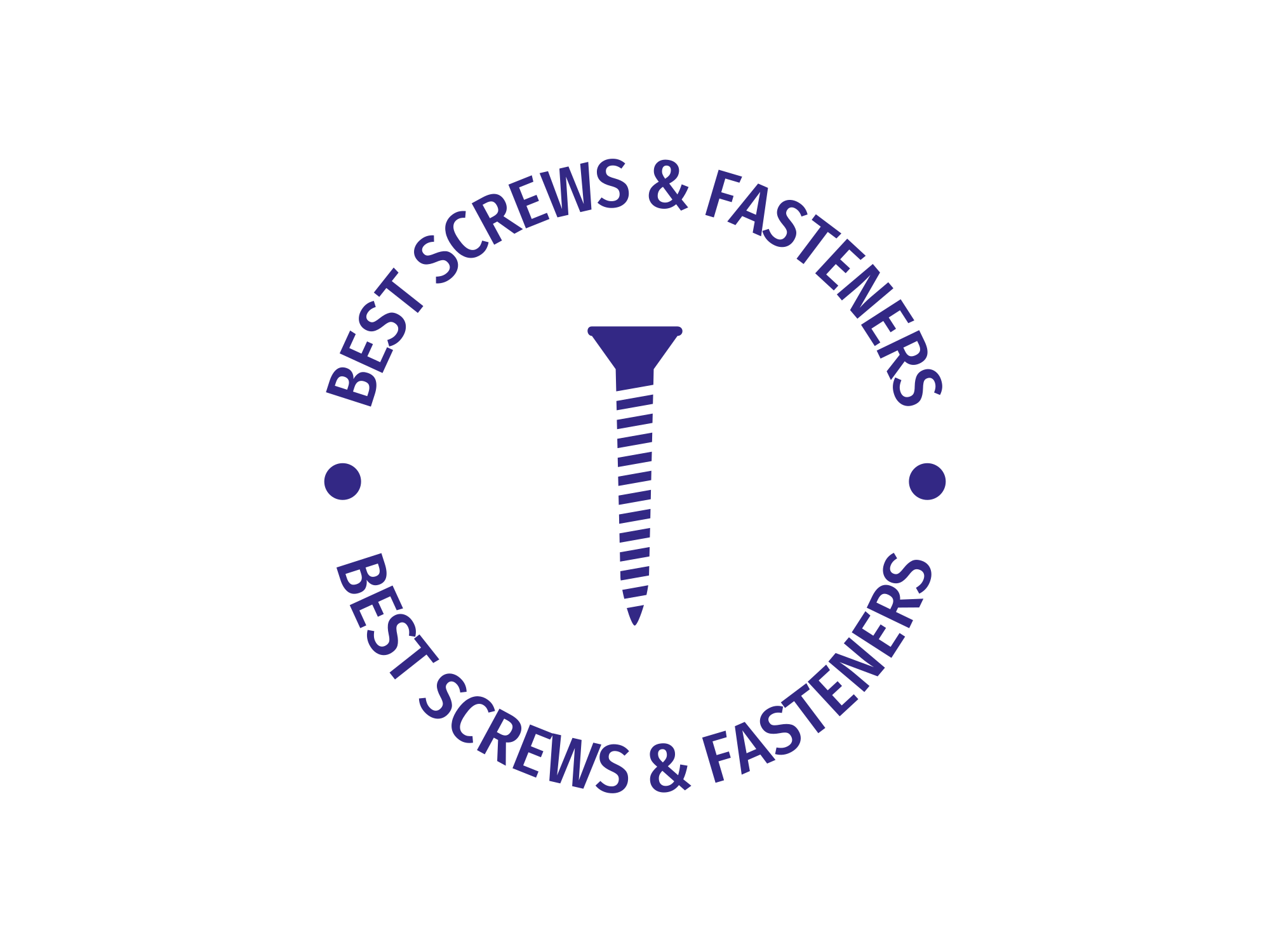
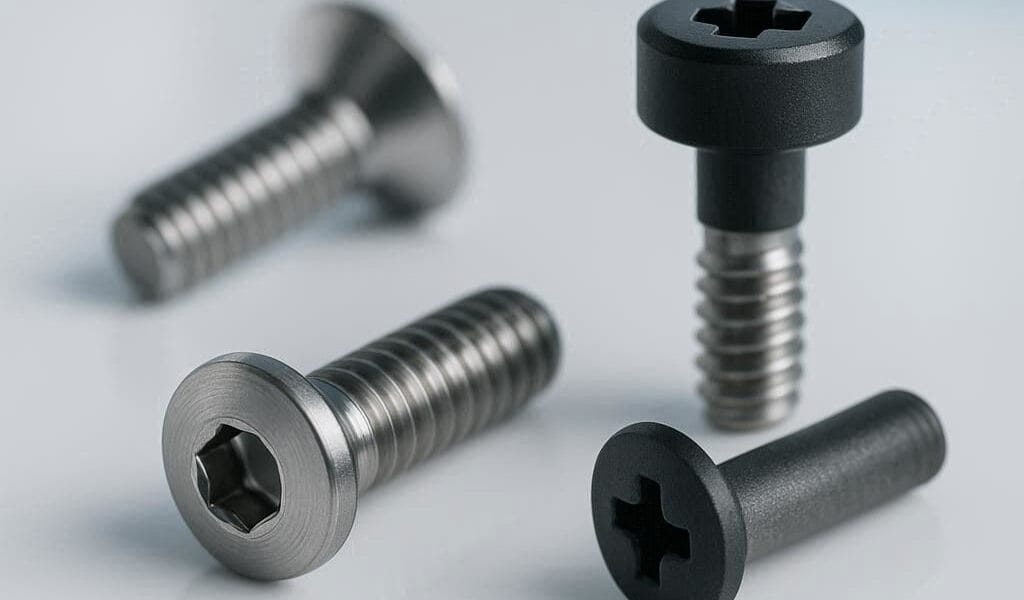
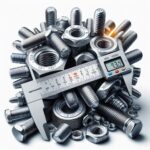

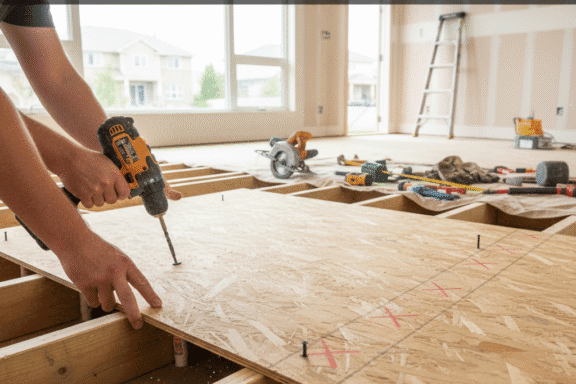
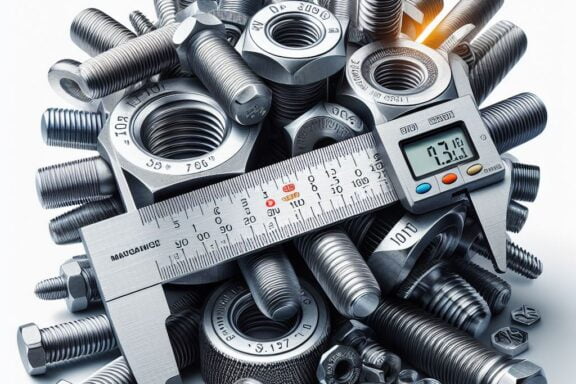
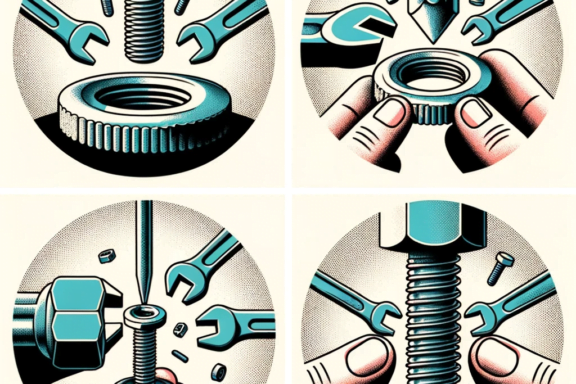
No Comments